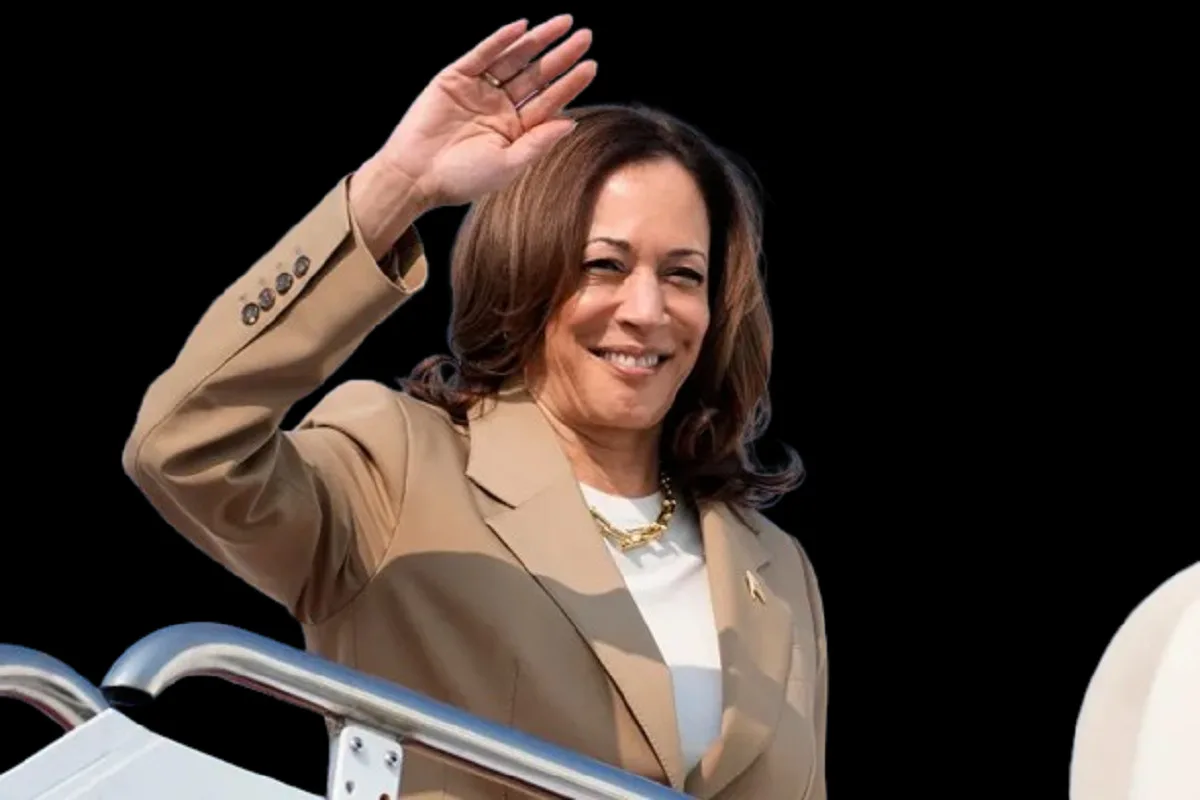Early Life and Education
Kamala Devi Harris was born on October 20, 1964, in Oakland, California. The daughter of immigrant parents – a Tamil Indian mother and a Jamaican father – Harris grew up in a multicultural environment that shaped her worldview from an early age. She attended Howard University, a historically Black university, where she graduated with a degree in political science and economics. Following her undergraduate studies, Harris earned her law degree from the University of California, Hastings College of the Law.
Career in Law and Public Service
Harris began her career in the Alameda County District Attorney’s Office, where she established a reputation for her tough stance on crime. She then served as the District Attorney of San Francisco from 2004 to 2011, becoming the first woman and the first African American to hold the position. In 2011, she was elected as the Attorney General of California, where she focused on issues such as housing, consumer protection, and criminal justice reform.
Her tenure in California’s top law enforcement office brought her national attention, particularly for her innovative approaches to fighting transnational crime and her advocacy for reforming the criminal justice system. Harris’s work earned her a reputation as a progressive leader, appealing to many voters looking for change in a traditionally conservative political structure.
A National Political Figure
In 2017, Kamala Harris made history by becoming the first Indian American woman and the second African American woman ever elected to the U.S. Senate. During her time in the Senate, she has championed issues such as healthcare reform, racial justice, and immigration policy. Harris’s outspoken nature in Senate hearings and her commitment to holding powerful figures accountable have further solidified her position as a prominent voice in American politics.
In 2020, Harris made a historic run for the Democratic presidential nomination, becoming a frontrunner in the crowded field. While she ultimately suspended her campaign, she was selected as Joe Biden’s running mate in August 2020. Their successful campaign led to her becoming the first female vice president and the highest-ranking female official in U.S. history when they took office in January 2021.
What Her Candidacy Represents
As Kamala Harris considers running for the presidency in 2024, her candidacy offers more than just a name on the ballot. Harris represents a significant shift in the political landscape of the United States. Her diverse background resonates with many voters who see her story as reflective of the broader American experience.
Harris’s candidacy stresses the importance of representation in government. As a woman of color rising to such prominent positions, she symbolizes the ongoing fight for equality and justice in a nation that continues to grapple with its past. Her leadership style, characterized by assertiveness and empathy, appeals to those who are looking for a leader capable of addressing the country’s most pressing issues while also promoting unity and understanding among diverse communities.
Challenges Ahead
Despite her impressive credentials, Harris’s path to the presidency would not be without challenges. Navigating the political landscape, particularly within her own party and against potential Republican opponents, will require strategic maneuvering and the ability to build consensus. Moreover, Harris must confront the societal issues of racism, gender inequality, and economic disparity—challenges that resonate deeply with her personal narrative and political agenda.
Conclusion
Kamala Harris’s journey from Oakland to the U.S. Senate and the vice presidency is a testament to her resilience and commitment to public service. As she positions herself as a candidate for the 2024 presidential election, her presence heralds an important chapter in American politics—one where the principles of diversity, inclusion, and progress take center stage.
Whether you align with her policies or not, there is no denying that the conversation surrounding Kamala Harris will continue to shape the dialogue in American political circles. Her candidacy offers an opportunity for voters to reflect on what type of leadership they want for the future—a future that, with Harris as a contender, promises to be transformative.

































